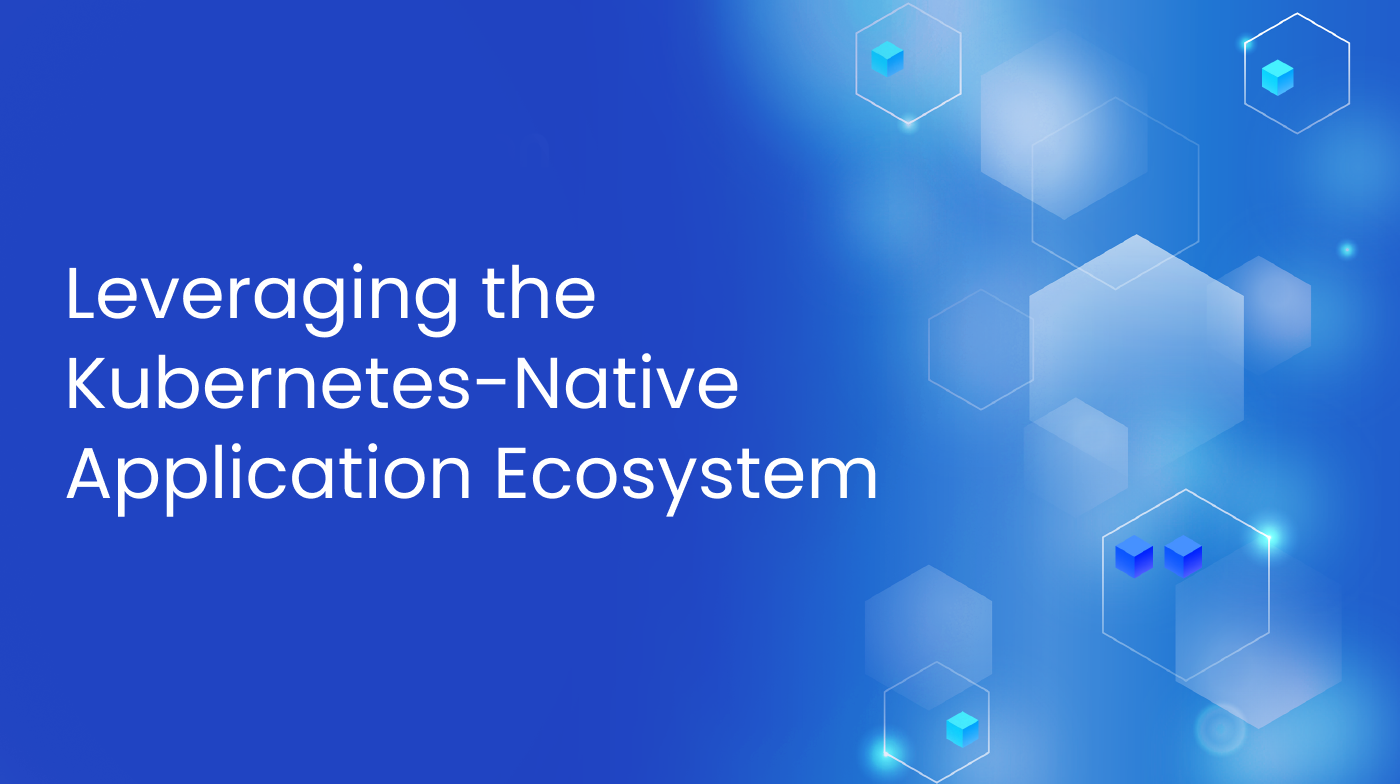Why Data Analytics Companies Are Essential
In today’s fast-moving world, businesses depend on data analytics companies to gain valuable insights, streamline operations, and enhance decision-making. With the rise of big data, artificial intelligence (AI), and machine learning (ML), organizations can no longer afford to rely on intuition alone.
“Data-driven decision-making is no longer a luxury; it’s a necessity,” says Tamer Badr, owner of Singleclic. “Companies that fail to leverage data analytics are essentially flying blind in a world where competitors are using night-vision goggles.”
How a Data Analytics Company Can Help Your Business
1. Improved Decision-Making
- Predict market trends
- Identify customer behavior patterns
- Optimize pricing strategies
2. Enhanced Operational Efficiency
- Automate repetitive processes
- Reduce costs through smart analytics
- Improve supply chain logistics
3. Increased Revenue Growth
- Identify new market opportunities
- Optimize marketing campaigns
- Boost customer retention
4. Risk Management & Fraud Prevention
- Detect anomalies in transactions
- Predict potential security threats
- Ensure compliance with industry regulations
People Are Always Asking:
What Services Does a Data Analytics Company Offer?
A reputable data analytics company provides a wide range of services to meet different business needs.
Big Data Analytics
- Collects and processes massive datasets
- Identifies trends and hidden patterns
- Potential drawback: Requires a robust infrastructure and skilled personnel
Business Intelligence (BI) Solutions
- Uses dashboards and reports to visualize key metrics
- Provides actionable insights for strategic decisions
- Potential drawback: Initial setup costs can be high
Machine Learning & AI-Powered Analytics
- Automates data processing for real-time insights
- Enhances personalization and predictive modeling
- Potential drawback: Requires high-quality data for accurate results
Customer Analytics
- Tracks customer preferences and behavior
- Improves personalization strategies
- Potential drawback: Can raise privacy concerns if not handled properly
Cloud-Based Data Analytics
- Enables remote access to data insights
- Scales effortlessly with business growth
- Potential drawback: Security risks if not properly encrypted
How to Choose the Right Data Analytics Company
1. Industry Experience
Look for companies with a proven track record in your specific industry.
2. Technology Stack
Ensure they use modern analytics tools like:
- Tableau (Data visualization)
- Power BI (Business intelligence)
- Python & R (Data science & ML)
- Google BigQuery (Cloud analytics)
3. Scalability & Flexibility
Your chosen company should accommodate future business growth and evolving analytics needs.
4. Data Security & Compliance
Confirm they follow data protection regulations such as GDPR, HIPAA, or CCPA.
Reviews: What Clients Are Saying
“Our business saw a 35% revenue increase after implementing AI-driven analytics from [Company Name].” – Sarah L., Marketing Director
“The predictive analytics feature helped us cut operational costs by 20%.” – John M., Operations Manager
“Their team provided seamless integration with our existing systems. Highly recommend!” – Lisa W., CIO
Frequently Asked Questions (FAQ)
Is hiring a data analytics company expensive?
It depends on the services required. While custom solutions can be costly, cloud-based analytics services provide affordable, scalable options.
How long does it take to see results?
It varies by project, but many businesses see noticeable improvements within 3-6 months.
Do small businesses need data analytics?
Absolutely! Even small businesses benefit from customer insights, sales forecasting, and operational efficiencies.
Final Thoughts
A data analytics company is no longer a luxury but a critical partner for businesses aiming to thrive in a competitive environment. Whether you’re a startup or a Fortune 500 company, leveraging data analytics can help you make smarter decisions, optimize efficiency, and drive growth.
As Tamer Badr wisely puts it: “Data analytics is the bridge between raw numbers and meaningful business transformation. Companies ignoring this shift will struggle to keep up.”





